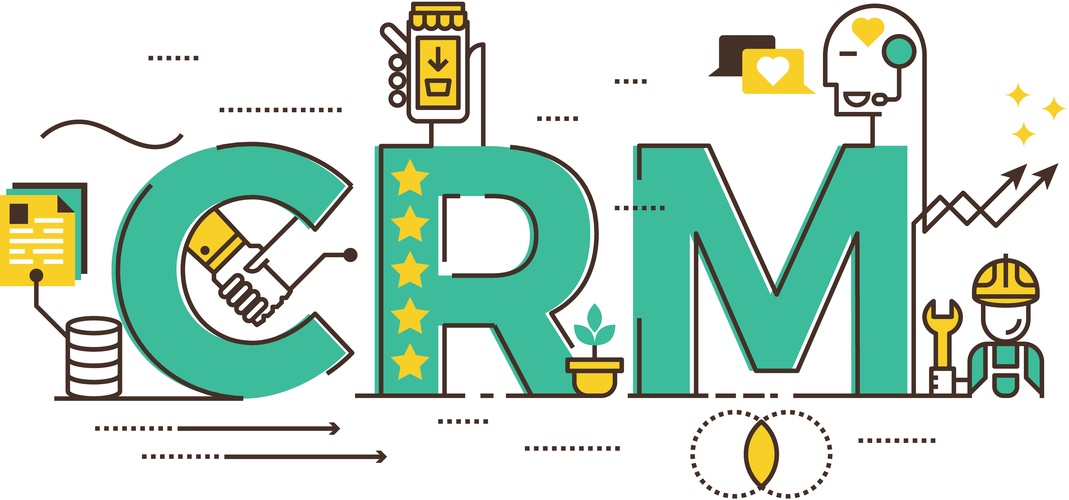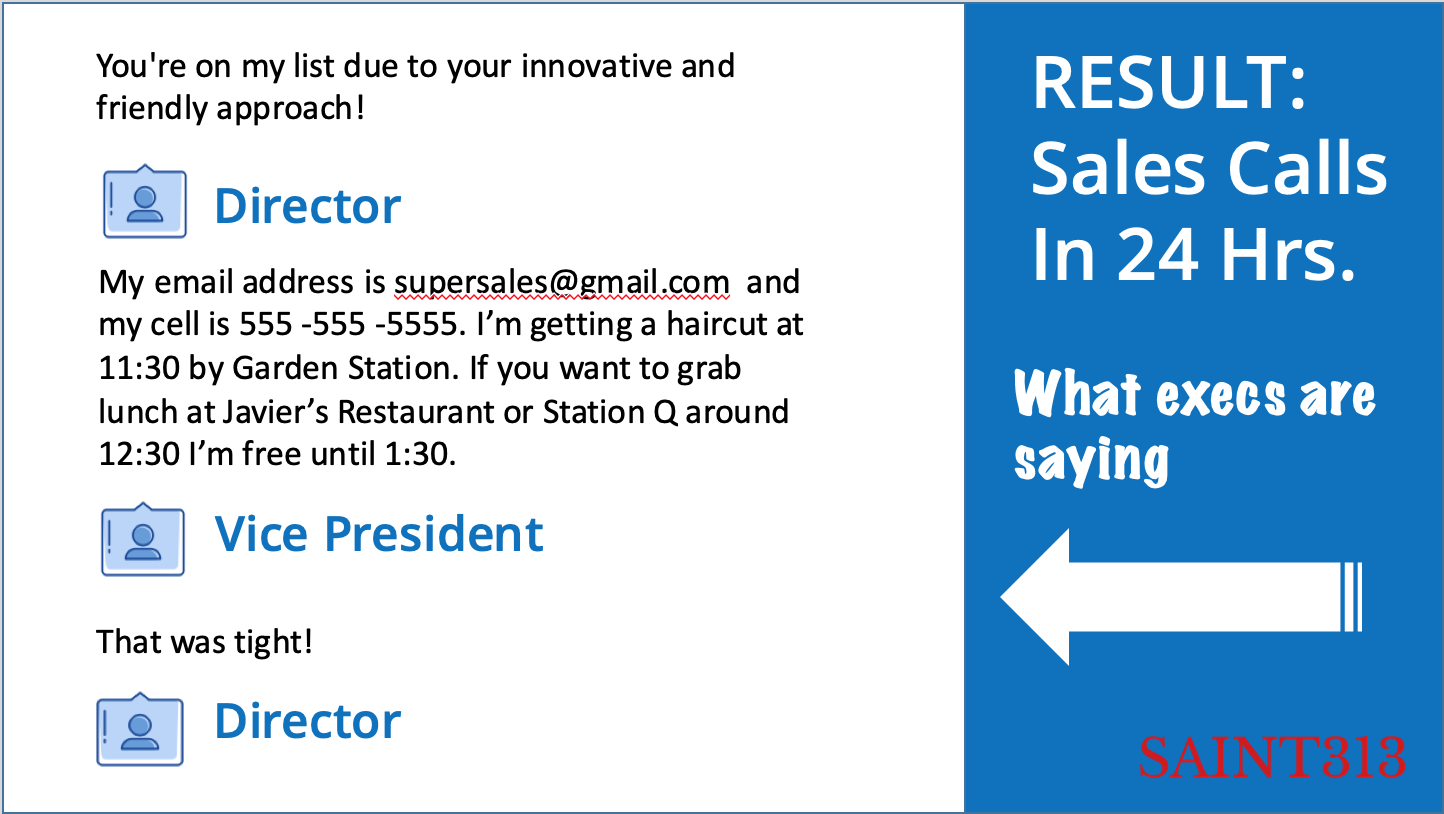Everybody needs money, and everyone has been in a situation where they deferred one payment to take care of another. However, when you’re on the unpaid end of that equation, it’s easy to forget what it feels like to be a debtor. The fact that this delayed payment has left you owing other people doesn’t help. From a business perspective, it can lead to unpaid salaries or even halts in production if you can’t pay for raw materials.
Don’t get emotional
When you’re in a tight financial corner and people owe you money, it can feel very personal. It can seem like they are being vindictive and deliberately trying to con you or sink your business. It’s even worse when you have your own debtors on your back and you can’t pay them because you haven’t been paid.
As you deal with debtors, try to put all this out of your mind. You know how pressed you feel by your business creditors? Your debtors probably feel the same way. You have to keep calm and not let your sentiments get in the way. Even if debtors get upset or manipulative or raise their voices and get hostile, remain calm. It unnerves, soothes, and thus, gets better results.
Follow regulatory restrictions
You probably want to nag your debtor into paying. After all, if you remind them often enough, they’re sure to pay you out of sheer annoyance. Unfortunately, that kind of behaviour can get you prosecuted in a court of law. Remember that legally, you can only contact a debtor ten times a month. This figures included both phone calls and emails.
For phone contact, you can call from 7.00 a.m. to 9.00 p.m. on weekdays, or 9.00 a.m. to 9.00 p.m. on weekends. You can’t call at all on holidays, and you must never visit a debtor at home unless they’ve asked you to. If you’re recording any interactions with them, you’re legally bound to tell them they’re being recorded.
Have all your ducks in a row
A lot of the time, your debtor will avoid you, so when you finally do get a meeting with them, make sure you’re prepared. Have all the necessary documents, including agreed payment dates, receipts, penalty clauses, and bank statements. It would be frustrating if they asked for some document and you had to say ‘I’ll get back to you’ because you might never reach them again. If you’re unsure about dealing with them calmly, call in a debt recovery service.
Collection agencies can be fair and unemotional because this is a job to them. It’s not personal, and this helps them maintain objectivity and professionalism at all times. They know all the legal requirements, but they also know how to get around debtors’ excuses and handle any form of trickery or manipulation that may be applied.
Give the debtor dibs
Speaking to a debtor can be challenging because you just want your money. After all, they had agreed to pay it on a specific date, so your’e well within your rights to be upset and demand payment. However, this approach is unlikely to get results. Take a softer approach. Instead of assuming they have refused to pay, come from the angle that they genuinely want to pay, but for some reason, they can’t.
Ask them what the problem is, and whether there’s anything you can do to help. Let them have the first word, nudging them to give you a payment plan that helps. You can use phrases like, ‘Is there anything I can do to make this easier?’ ‘How much do you think you can pay right now?’ ‘When do you think you can make a small payment?
Don’t forget to summarise
When you’re communicating with a debtor, it’s important to sum up what you’ve discussed. Whether it was an email chain, a phone call, or a face-to-face discussion, close by going over what you’ve agreed on. It should be in short, clear points.
Ideally, at the end of an exchange with a debtor, they should know exactly how much they owe, when it’s due, and how much interest is charged for every extension of the delay. On the other side, the creditor should know when the debtor intends to pay, how much the first payment is, how many payments are required, and what are the next steps.













